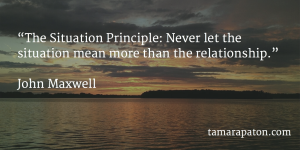

After an 11-year hiatus from marathon running, I recently completed a 26.2 mile tour of one of my favourite cities. In a time that would not impress anyone (so please don’t ask), I finished the Chicago Marathon.
When I registered for the race, I thought I would prepare for the event as most do. Various cookie-cutter training programs guided the marathons of my youth. Following one of these plans again, I hoped to finish upright and smiling.
Just as I was starting to prepare, I crossed paths with a running coach, and she changed everything. My fitness, nutrition, self-confidence, and race strategy all benefitted from the gift that is Mary-Katherine Brooks-Fleming. I’ll never return to training on my own now that I have been — as Mary-Katherine likes to put it — “coached and loved.”
Naturally, the need for support is not limited to athletics. Many executives rise through the ranks on the strength of their technical knowledge and ambition. Once they reach the C-suite, however, they require a new set of skills to persuade and influence. This need becomes most pronounced just as they find themselves lonely at the top.
And loneliness isn’t the only potential downside. For Why Smart Executives Fail, author Sydney Finkelstein researched several spectacular failures. The CEOs he studied shared common deadly habits related to their unchecked egos. In their book Why CEOs Fail, David Dotlich and Peter Cairo point to hubris, ego and a lack of emotional intelligence as common downfalls.
Clearly, there is an opportunity for CEOs to turn to others for support, guidance and feedback.
In my work as a board director, CEOs often ask me for advice, perhaps because I seek their feedback first. I’m cautious about the role I play here, however, as there should be limits on the coaching directors provide. Fortunately, there are ways for directors to facilitate CEO coaching without overstepping.
Encourage use of an external coach
According to a 2013 Stanford Graduate School of Business survey, just 21% of CEOs with an external coach were encouraged by their boards to establish such a relationship. If we wait for the CEO to realize the need, we may find ourselves among the two-thirds of organizations whose CEOs do not receive outside leadership advice.
Interestingly, nearly 100% of those surveyed were open to coaching and 8 out of 10 board directors recognized that willingness. It seems that everyone is game, but few boards initiate the idea. Perhaps boards hesitate because coaching once carried a stigma, an admission that the guy in charge somehow falls short.
This obstacle is easy to overcome when boards encourage the use of a coach and promptly back off. Allowing the CEO to steer the coaching relationship, to report to the board on progress, and to maintain strict confidentiality frees him to seek help without reservation.
Focus on areas of strength
If a CEO asks for direct input, I tend to tread carefully. According to executive coach Steve Miles, we should lean towards “high-performance coaching, not remediation. This is not the time to put up the mirror and describe in gory detail all the things that are wrong with them.” Instead, I prefer to emphasize what I see the CEO doing well or point out potential upside in a situation that may not be obvious. We don’t want to come across as blind to reality, but a well-meaning director’s tough love could severely damage the CEO-board relationship.
Build bridges between the board and CEO
Although I hesitate to poke at a CEO’s flaws, there is always an opportunity to help board and CEO understand one another better. A CEO with whom I’ve worked sought that support, calling me his “Board Whisperer.” New to his role, he asked me for feedback on board meetings and clarification of directors’ concerns. I was an empathetic face on the board who would encourage him more gently than the chair might. And he felt comfortable asking me questions that he wouldn’t voice to others.
In this situation, I didn’t have specialized expertise or authority. I only served as a bridge between an executive team and board that hadn’t always communicated well. Without personal history with all parties, an external coach might not have provided ideal support here. The critical nuance to master is the ability to offer advice without compromising your independence or the confidentiality you owe to your peers. Conversely, the CEO needs to understand that anything revealed to you will not be kept from the board.
In my experience, it also helps to communicate extensively with the board chair, so you can’t be accused of trying to replace the board’s primary spokesperson. At a minimum, share the tone and content of your conversations with the CEO. I usually ask the chair for input, so my guidance aligns with and reinforces the chair’s own messages.
I shouldn’t be surprised by the transformative effect my running coach had on me. After all, I see the outcomes of coaching in my work every day. These benefits prompt me to encourage more executives to seek support from external experts and play a coaching role where appropriate.
Your turn: How would you describe your experiences with executive coaches? Does your CEO lean on one for developmental support?
Please share your response via Twitter, LinkedIn or e-mail.
Thank you for reading! If you found this post useful, please click the “like” button on LinkedIn and/or share it with others in your network. Doing so helps my work reach others and would mean so much to me.








